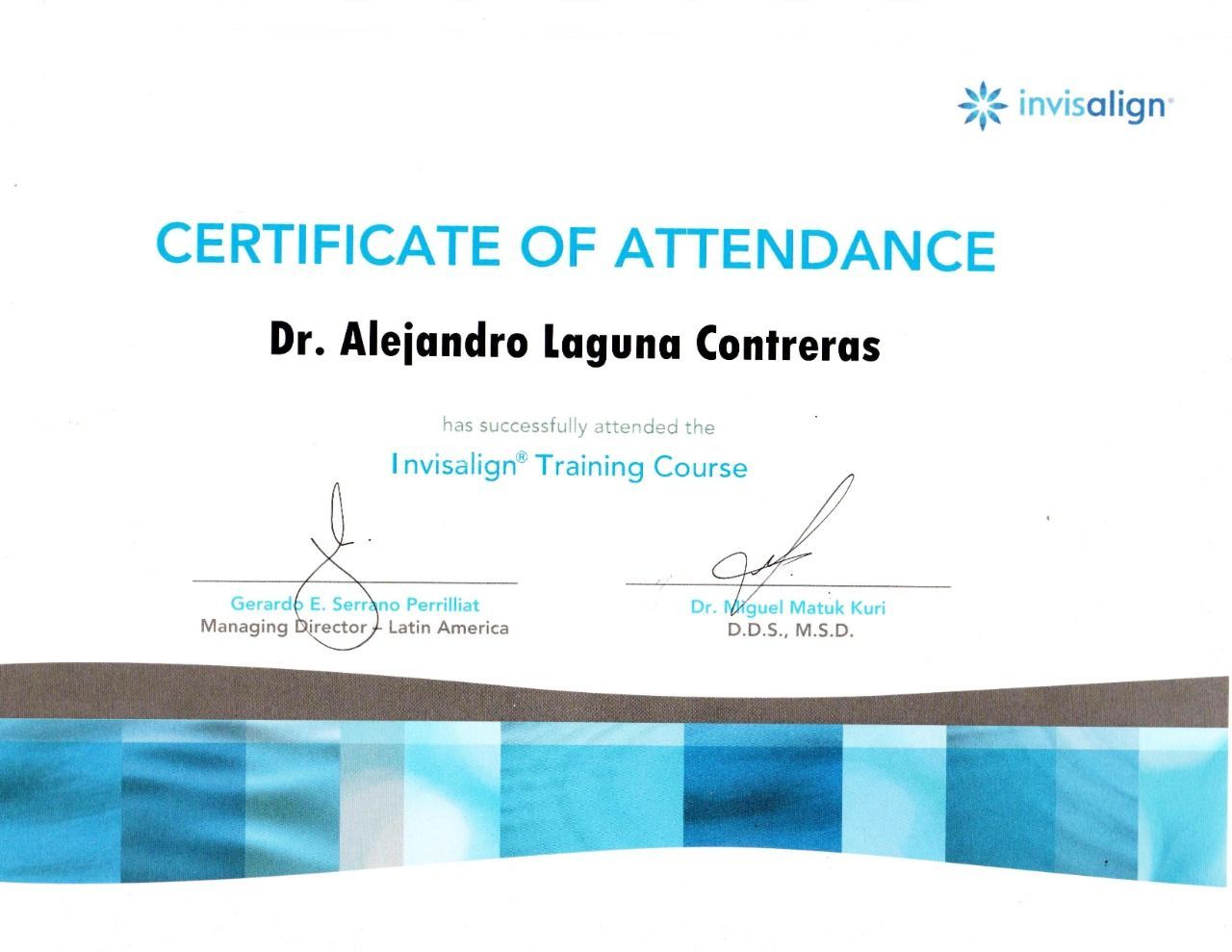Wisdom teeth, those last molars that appear in our mouths, often in early adulthood, are notorious both for the complications they can cause and for representing a rite of passage towards dental maturity. But what exactly are wisdom teeth, and what can we do when they cause pain? In this article, we’ll break down these points to give you a clear overview and practical advice.
What Are Wisdom Teeth?
Wisdom teeth are the third and final set of molars that most people develop, usually between the ages of 17 and 25, although in some cases they may appear later or, in rare instances, not at all. They are called “wisdom” teeth because they appear at an age when we are supposedly more mature and wise.
Historically, it was believed that these teeth helped our ancestors chew a diet of raw and difficult-to-process foods. However, with the evolution of the human diet, they have become less necessary, and our bodies have responded to this change. In fact, some people today do not develop them at all.
Why Do Wisdom Teeth Hurt?
Pain from wisdom teeth can be due to several reasons:
- Eruption: The process in which the tooth breaks through the gum can be painful and slow.
- Lack of space: Often, there is not enough space in the mouth for more teeth, which can cause wisdom teeth to push against other teeth or grow in impacted (angled or completely horizontal).
- Infection: The difficulty in cleaning wisdom teeth can lead to the accumulation of food and bacteria, resulting in painful infections.
What to Do When Wisdom Teeth Hurt?
1. Consult a Dentist
If you experience pain in your wisdom teeth, the first and most important step is to consult a dentist. This professional can assess the situation through X-rays and physical examinations to recommend the best course of action, which could range from medication to extraction.
2. Maintain Good Oral Hygiene
Excellent oral hygiene is crucial, especially if your wisdom teeth are beginning to emerge. Make sure to brush the area well, even if it hurts, and use dental floss and mouthwash to minimize the buildup of bacteria.
3. Temporary Home Remedies
While waiting for your dentist appointment, some home remedies can help alleviate the pain:
- Apply cold compresses to the outside of your cheek to reduce inflammation and pain.
- Rinsing with warm salt water can help disinfect the mouth and soothe pain.
- The use of over-the-counter pain relievers, always following the instructions on the package, can be useful in managing pain.
Wisdom teeth can be a significant source of pain and discomfort, but with proper care and professional attention, this issue is entirely manageable. Do not ignore pain in your wisdom teeth, as addressing it promptly can prevent serious complications. Remember, prevention and early attention are key to maintaining a healthy and happy mouth


